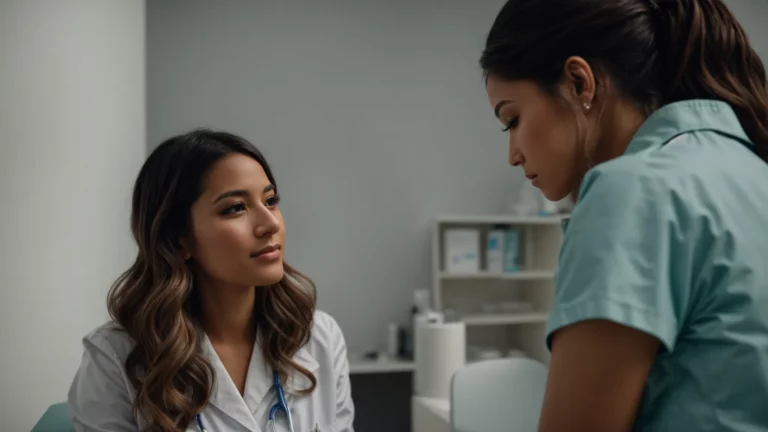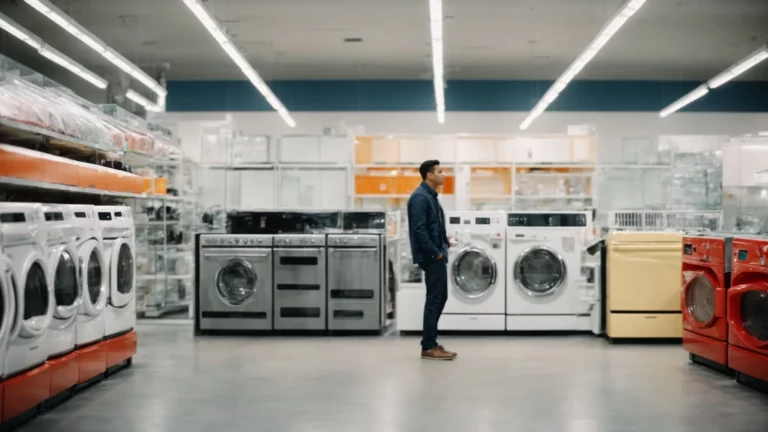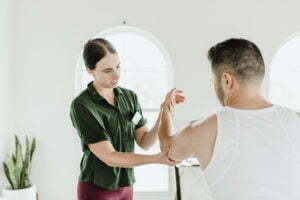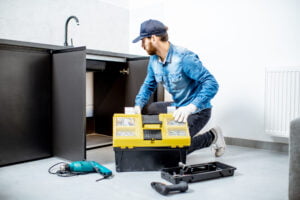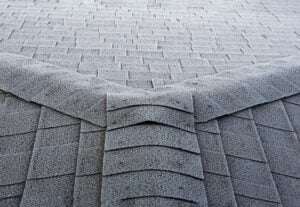Urinary incontinence is an extremely common health condition that affects millions of women. From minor bladder leakage and overactive bladder to full urinary incontinence and loss of bladder control, these circumstances can be embarrassing and have major impacts on your quality of life. While there are many reasons why you may be experiencing urinary frequency, leakages, and discomfort, there are also new treatment options to help improve your situation.
From lifestyle changes to pelvic floor and bladder muscles exercises, you can try to ameliorate your bladder problems on your own. For some people though, these changes aren’t enough. Sometimes medical intervention and medication are necessary to help curb the symptoms of overactive bladder and urinary frequency. Medical research has led to the development of natural supplement options that can help you regain control of your bladder. The following are some of the best natural products that are helping give countless women peace of mind in the face of their bladder problems.
Natural Solutions for Urinary Incontinence

In the past, bladder issues and urinary leaks had very limited treatment options. Women would have to choose between expensive bladder surgery or a lifetime of medications with potentially harmful side effects. Having to resort to these intense treatment options can be scary and overwhelming. While embarrassing leaks can be hard to deal with, many women will choose to forego extreme measures like this and choose to live with their bladder issues instead. Thanks to extensive medical research and clinical studies, there are now natural supplements that can help with bladder control.
The experts at Leading Edge Health have developed Confitrol, a bladder control supplement that is changing the way doctors and patients approach bladder health. Their patented formula is a proprietary blend of natural ingredients that promotes the strength of your pelvic floor and bladder muscles. These natural ingredients target the internal tissues of your bladder wall and urinary tract in order to encourage healthy urination. The natural ingredients include Horsetail, Crateva Nurvala, and Lindera, all of which have been clinically tested and proven to support bladder tone, strengthen tissues, and promote anti-aging. Confitrol users report major reductions in urinary incontinence, urinary frequency, and the use of incontinent pads.
What are the causes of urinary incontinence and overactive bladder?

While urinary incontinence has commonly been thought to be a consequence of aging, this doesn’t have to be the case. Firstly, this isn’t a medical condition that only affects older women. Women of any age can experience bladder leaks and loss of bladder control, and this is completely normal. It’s also possible to prevent age-related bladder incontinence with the use of natural supplements and bladder control exercises. There are many lifestyle factors that can contribute to potential incontinence, and the following are a few of the major ones.
One of the most common causes of urinary incontinence is childbirth. Countless women report occasional to frequent bladder leaks after giving birth. The act of childbirth is traumatic for your vagina, reproductive system, and excretory organs. Healing after giving birth takes time and patience. Regardless of your age and muscle tone, you are likely to experience some level of leakage following a birth. Because these circumstances are so common but so rarely talked about, many women feel embarrassed when they experience this. Bladder control issues as a mom are completely normal, and there are more options today than ever before when it comes to treating them.
Other, more serious causes for urinary incontinence include neurological issues and other health conditions. While these instances may be harder to treat, because your incontinence isn’t being caused by weakness in the bladder tissues and muscles, there are still treatment options for you. Urinary incontinence comes in many forms and it is an incredibly common health condition. The fact that so many people struggle with these issues means we should work to normalize discussion about incontinence and work toward removing the stigma and shame that surrounds it.




